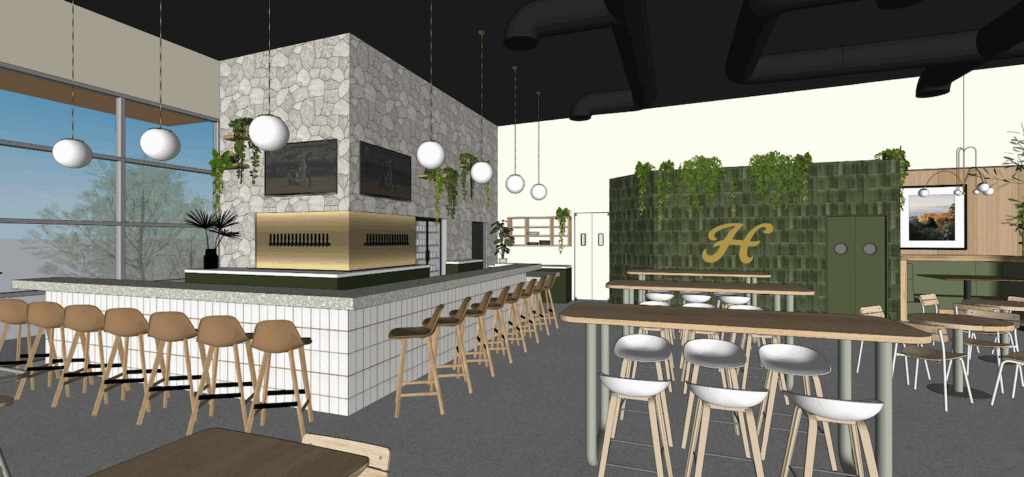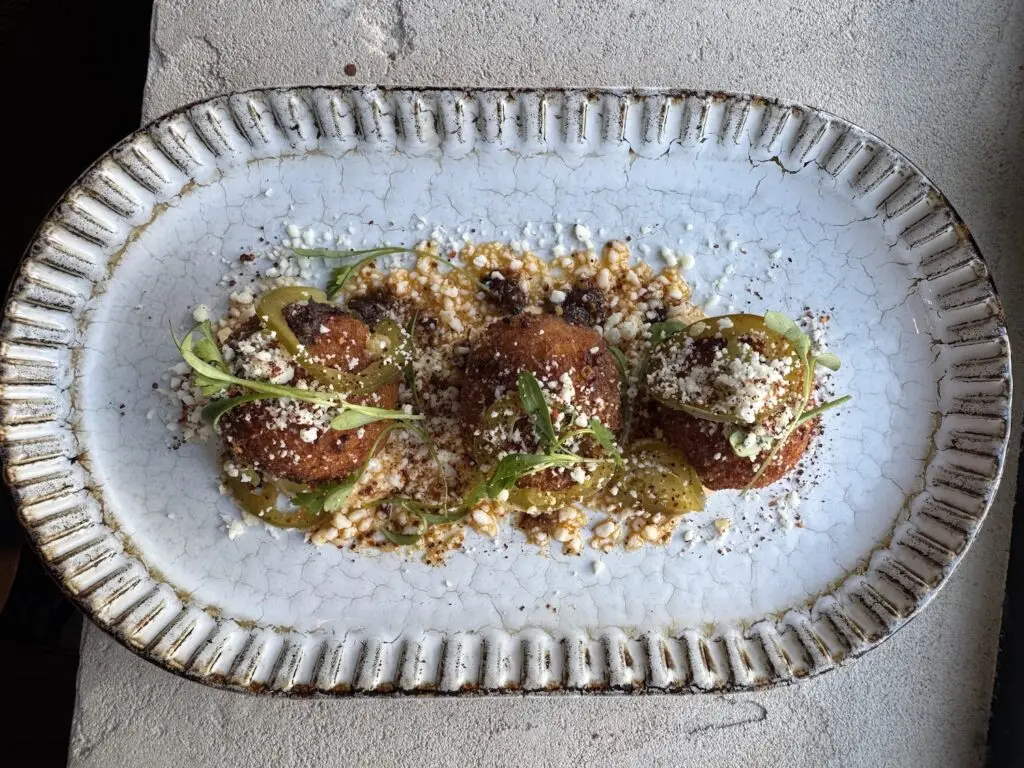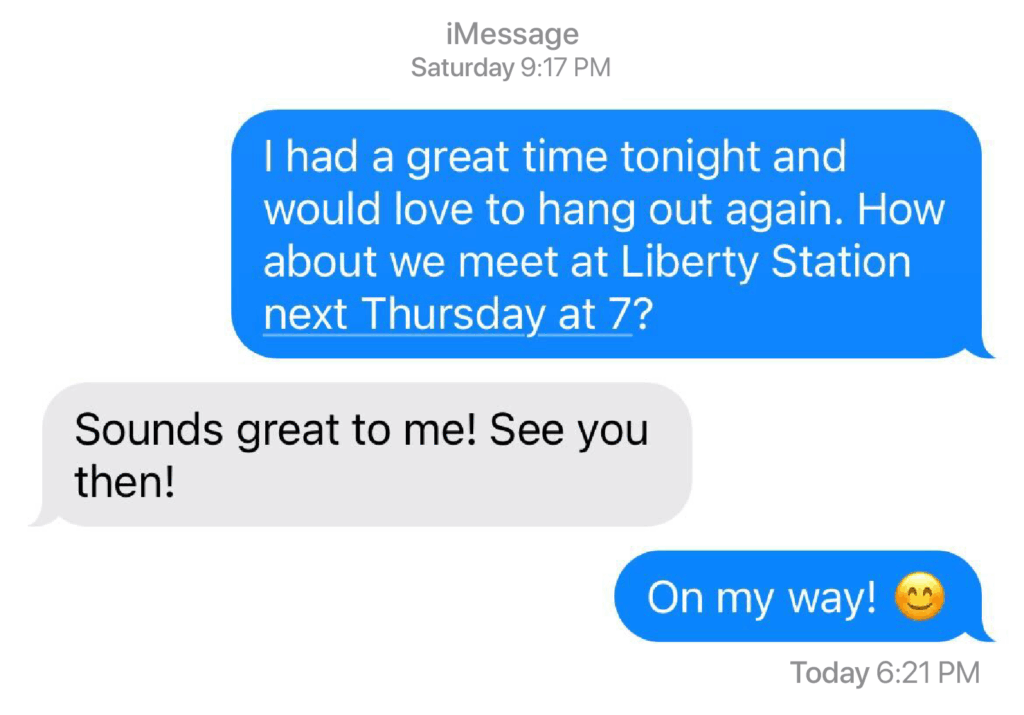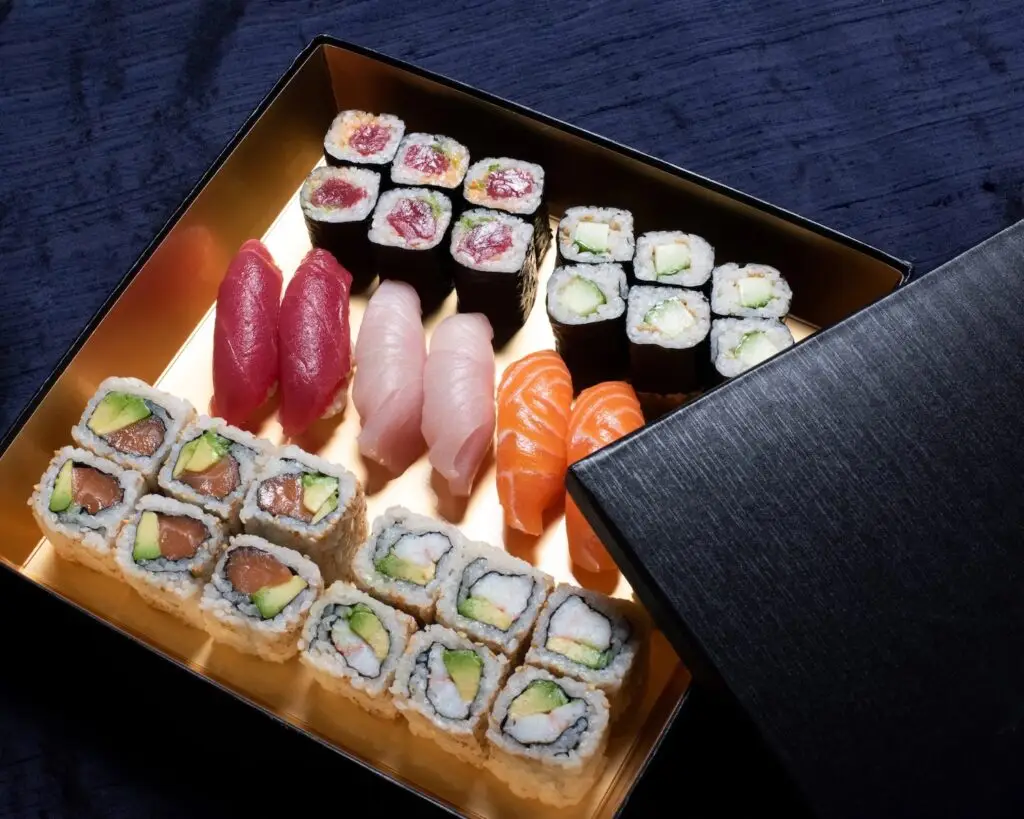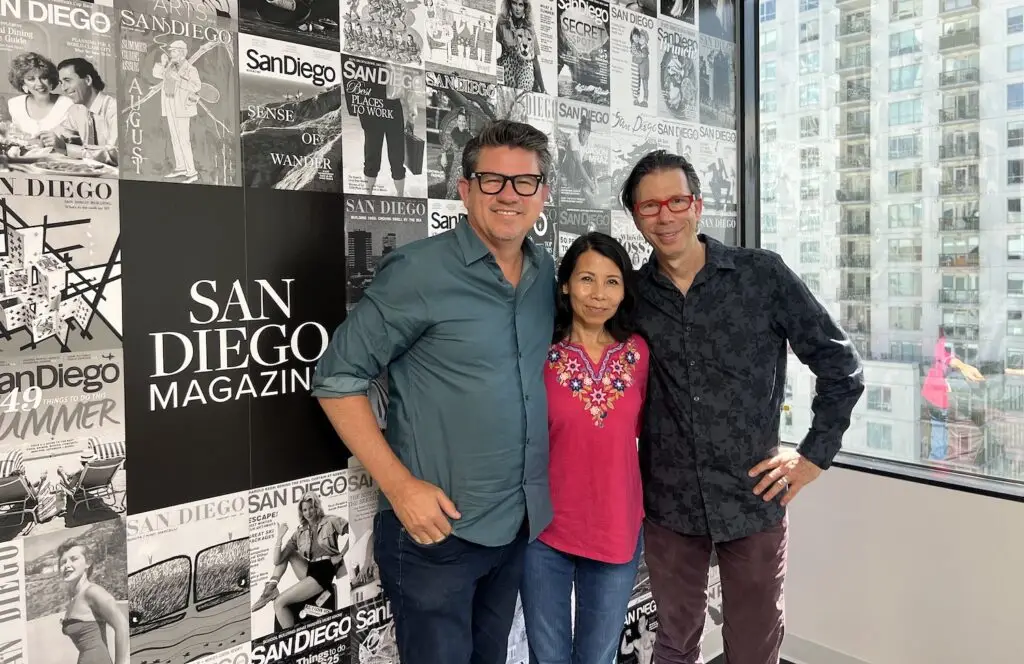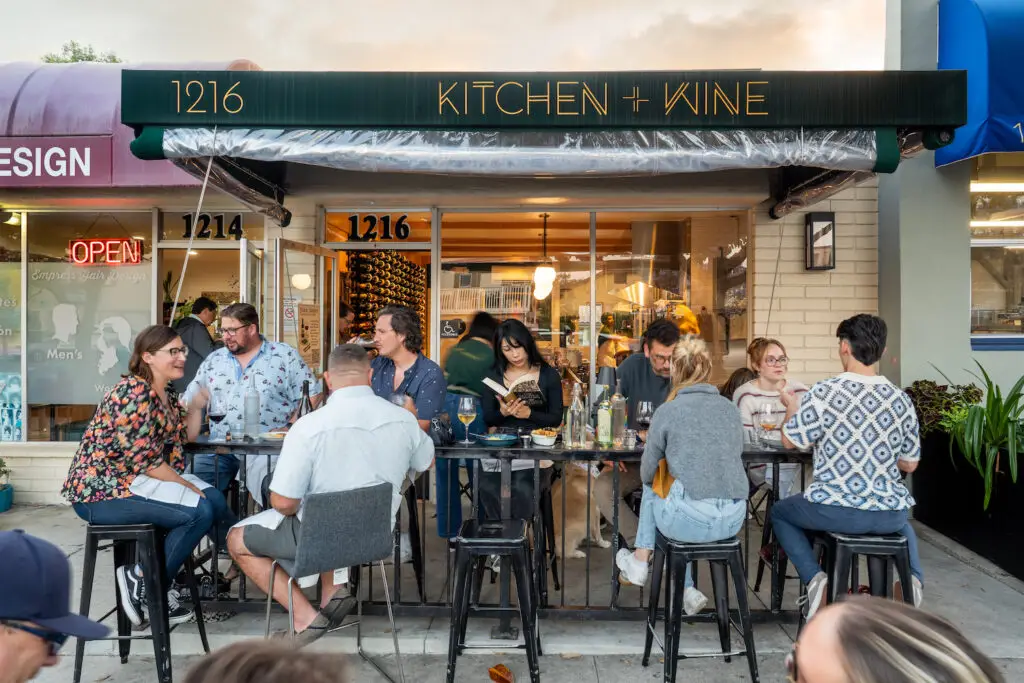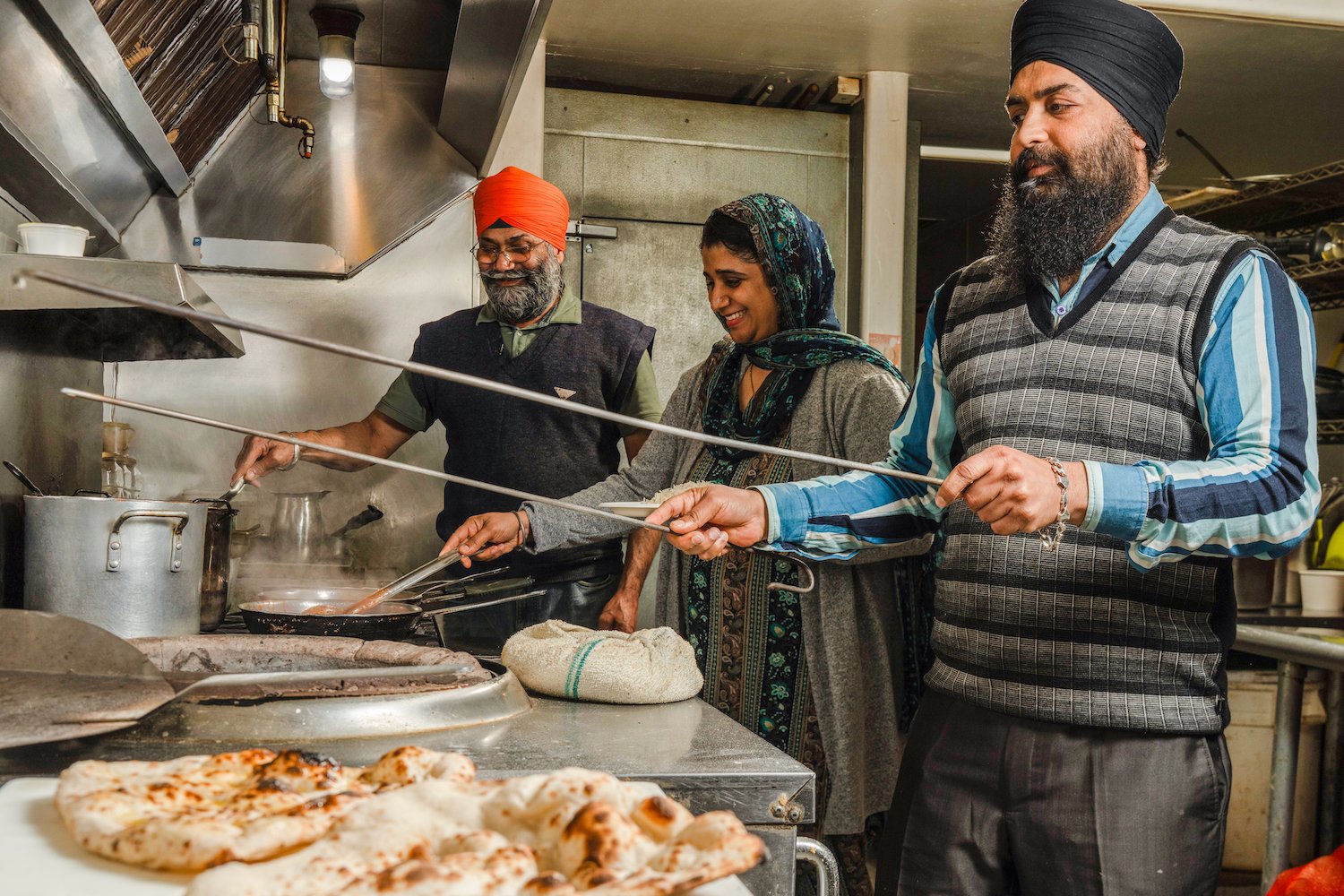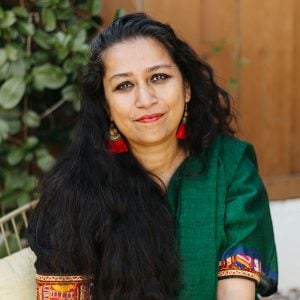My first Punjabi Tandoor visit two decades ago was by accident. I found their smallest outpost on Activity Road, and I quickly fell in love with the Saini family and their food. Through job changes, a divorce, a new home, and different neighborhoods, I’ve sat in their space and poured my heart out, and they’ve listened. And celebrated. And commiserated.
No matter which storefront I go to, the family always brings me a cup of hot, milky chai while I wait for my order. In an adopted land that only sometimes feels like home, this family and their food tells me they and I do belong.
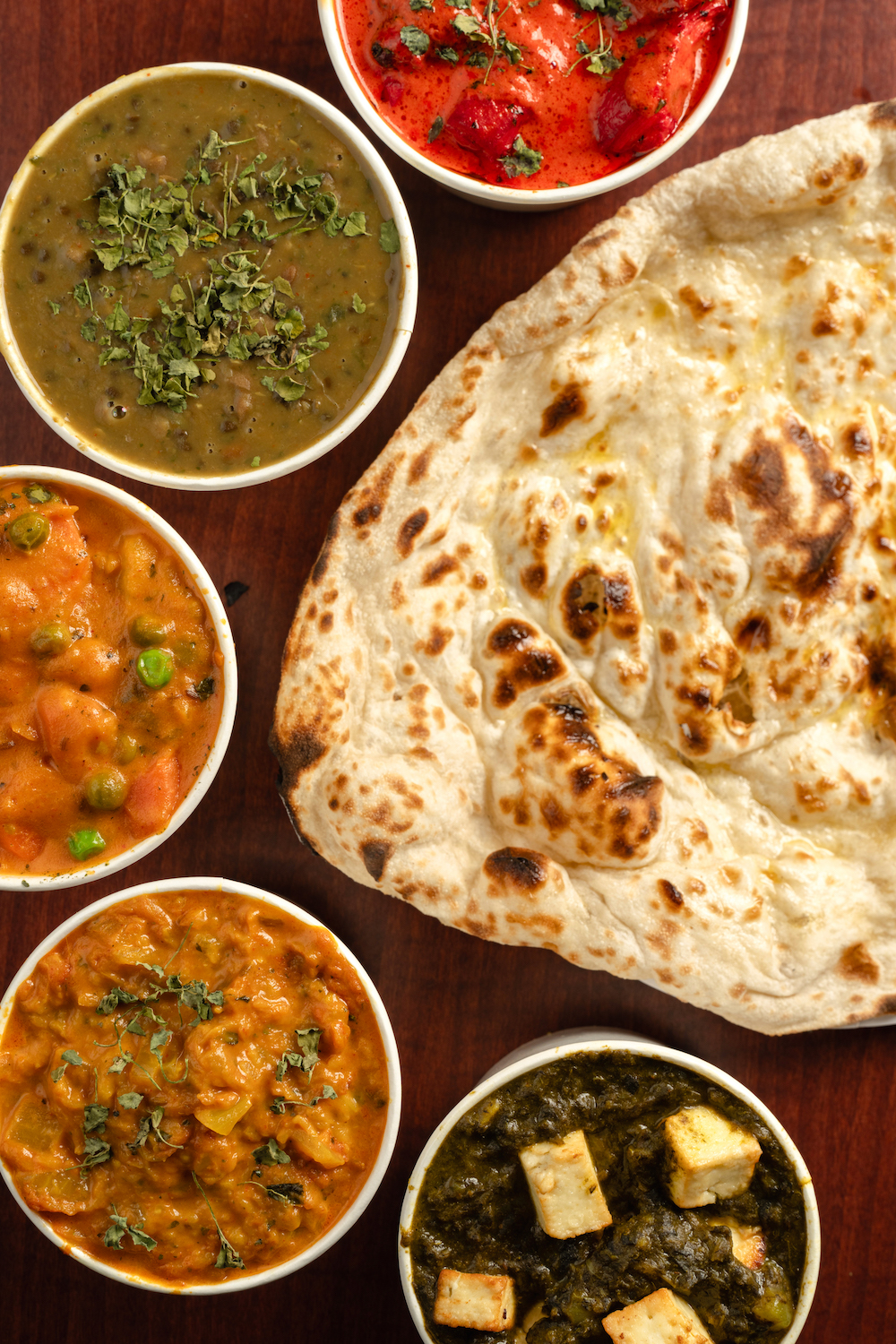
It’s a feeling that many seem to share. When I walk into Punjabi Tandoor’s Morehouse Drive location in Sorrento Valley, the line is snaking down the block. Twenty-eight-year-old Jaspreet “Jassi” Saini opens the door, her head covered with a gray-green dupatta and her hair in a black cloth. She’s wearing no makeup and a salwar kameez—loose pants, looser shirt—the uniform of many women of the Sikh faith.
“Come in, come in, didi,” she says, her eyes lighting up. Didi, or older sister, is a sign of respect to elders from where we come from.
The white-bearded Saini patriarch, Jagdish Singh, hurries past me with a quick nod—it’s lunchtime rush hour.
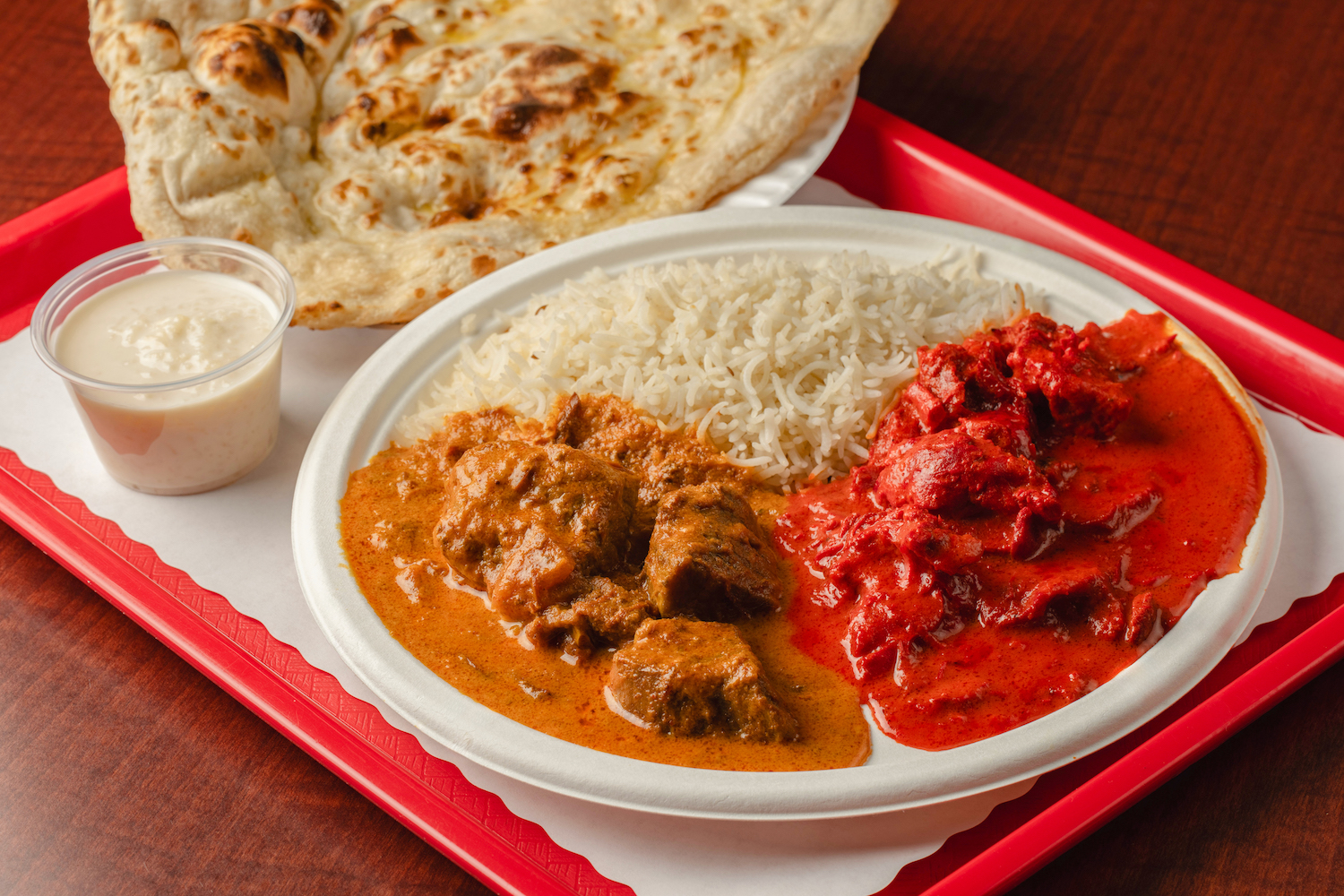
Punjabi Tandoor has been a San Diego institution for decades, a no-frills dhaba, or diner, with locations in Sorrento Valley, Mira Mesa, Carlsbad, and Orange County. Each selection on their menu—two-dish vegetarian combos of dal makhani and saag paneer, plates of chicken or lamb curry, typical flavorful dhaba fare—has always been around $12 to $14.
In a city where new food fads and expensive cocktails are the norm, Punjabi Tandoor continues to steadfastly reflect middle-class South Asian sensibilities with a California vibe.
As a 21-year-old nursing student, Jassi knew that marrying Jagdish’s son Harpreet would mean helping run the San Diego restaurant business, a far cry from her training. She had dreamt of establishing an assisted living facility. But in some ways, the same values apply. The family is guided by seva, or service, a tenet integral to Sikhism.
“The guest is god,” Jagdish tells me. “Our food is to serve everyone.”
But the family’s success has also been marked by tragedy. In May 2020, 29-year-old Harpreet died in a solo car accident, leaving behind Jassi and their 15-month-old son, Ajit.
“What can you do, didi?” Jassi asks, her eyes calm, belying the devastation in her heart. “Maybe it’s what the universe wanted for us. Who knows how much time we have?”
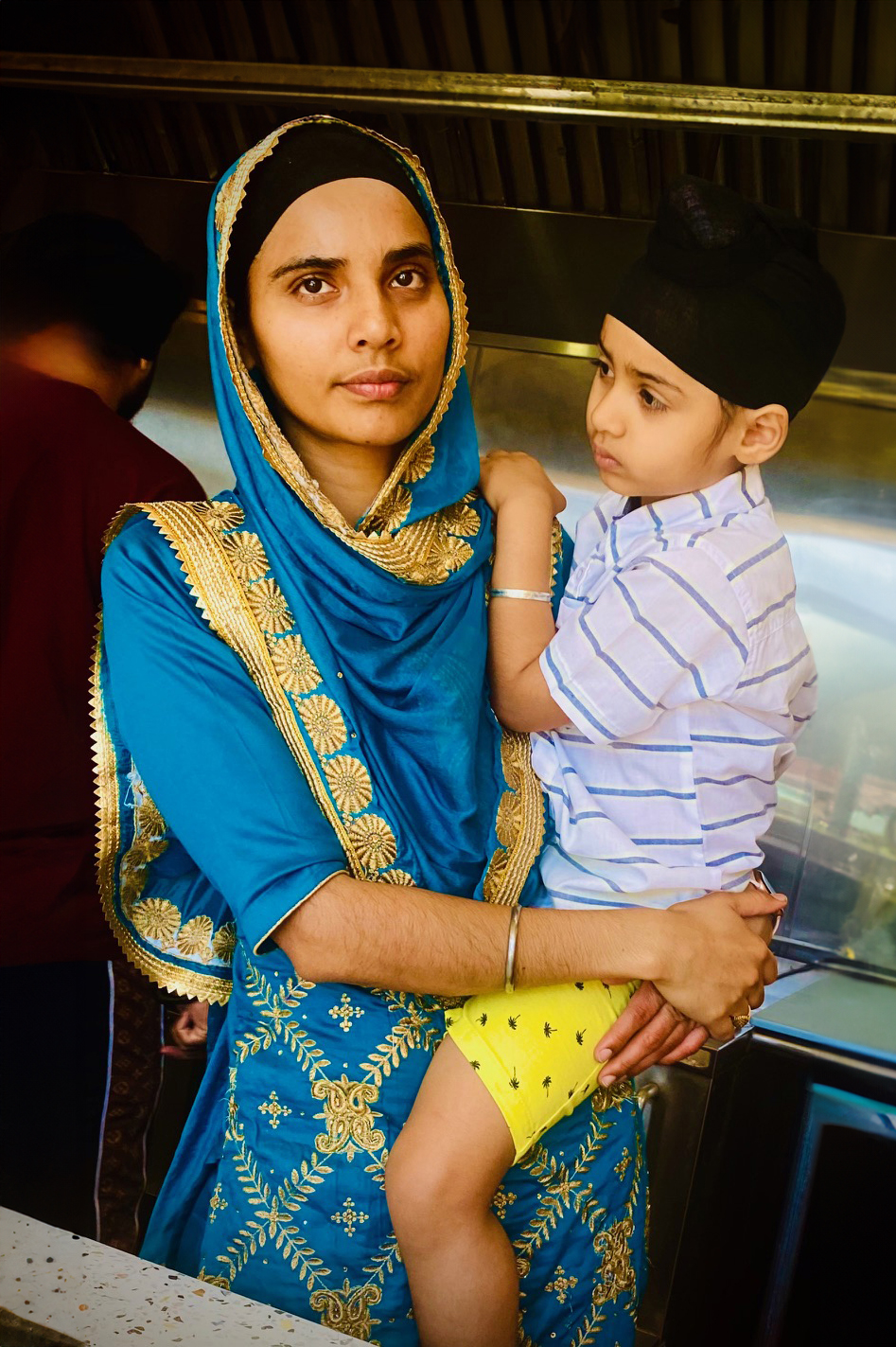
The Saini family could have easily collapsed into grief. Jagdish worked throughout the pandemic, supporting his daughter-in-law and grandson. Jassi stayed home, making her son her top priority. But this little world in San Diego was all she knew. What could she do next?
A few months later, with her in-laws’ blessing, Jassi became the face of the Morehouse Drive location. The tragedy brought them closer. Their faith reminded them of the importance of resilience and kindness. In Sikhism, women and men are equal. She was now their daughter and their son.
“Didn’t you want to go back home? To your parents?” I ask, given that may be a natural reaction.
“I visit my parents yearly in India,” Jassi says. “But my home, my family, is here. San Diego.”
A customer comes to the buffet line, and Jassi rushes back. Deftly, she scoops rice on the Styrofoam plate, adding liberal ladlefuls of bright yellow eggplant bharta and spicy dal.
At lunch hour, South Asian diners—engineers from Qualcomm, science folks from the area’s biotech companies— are homesick for comfort food, which draws them to Punjabi Tandoor. But the restaurant attracts guests from all communities. There’s a familiarity among the customers, people who have been frequenting this place for years.
Jassi’s Sikh faith remains her guiding force. “When someone’s down on their luck and needs help, then you follow the lead,” she says.
From the kitchen, her father-in-law calls for assistance, and Jassi strides over to him. The love between the family members is obvious. Each looks out for the other.
Later, Jassi tells me, “You know, the diners loved my husband. I had to make my own space after he passed away.”
PARTNER CONTENT
“How did you take the helm, then?” I ask.
She shrugs. “I did what he would have done: welcome our customers, give them food, [and] wish them well.”
